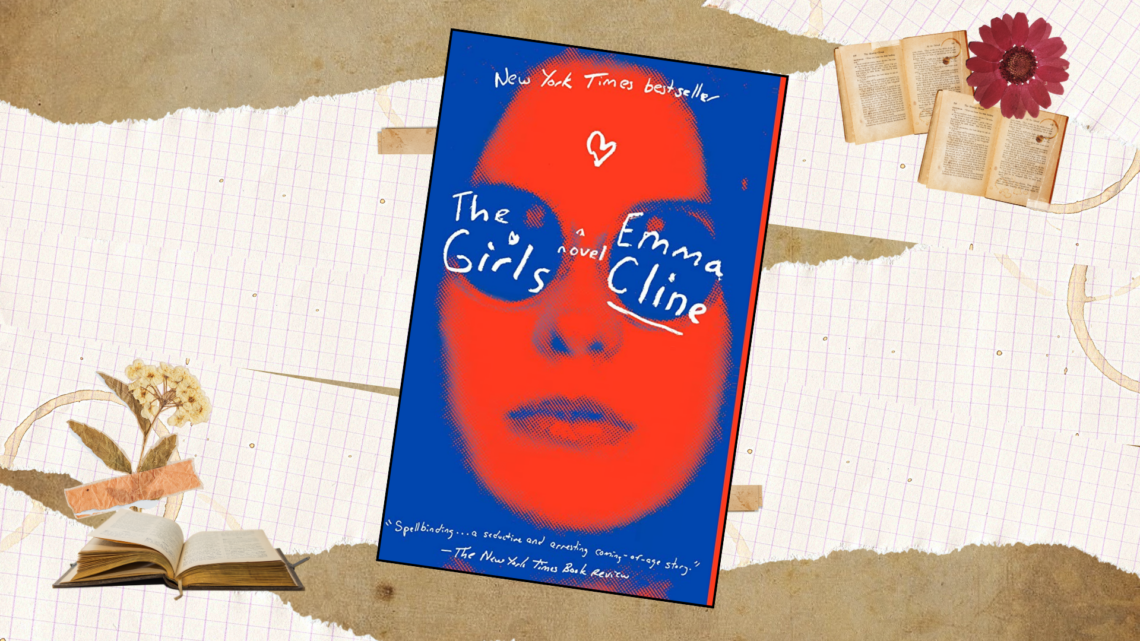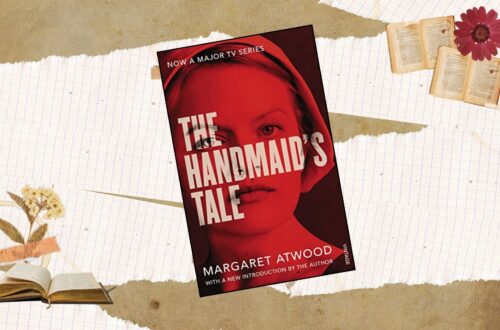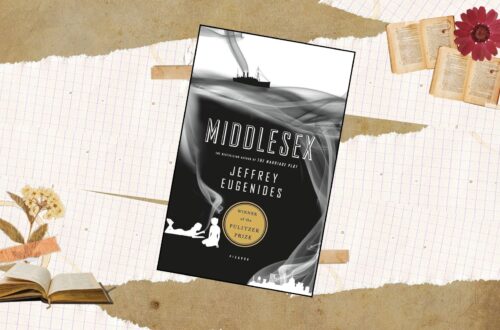I looked up because of the laughter, and kept looking because of the girls.
Emma Cline, The Girls
It is 1969, and 14-year-old Evie Boyd is thrust into a cult-like group of girls. Evie, being the child of recently divorced parents and scurrying for acceptance from her peers, finds herself struck by the girls’ carelessness and freedom from the bounds of “normal life”. Out of these girls, Evie becomes mesmerized by Suzanne, an older girl, and meets Russell, the group’s charismatic leader. Soon, Evie finds herself willing to do whatever she needs to gain their validation.
With its evocative setting, The Girls seemed like a promising read. However, I could not get through it at all. It was often tiring to get through, as everything was overwritten, like the narrator was trying to find meaning in every little thing. Ironically enough, when the narrative did get contemplative, it only scratched the surface.
Poor Sasha. Poor girls. The world fattens them on the promise of love. How badly they need it, and how little most of them will ever get. The treacled pop songs, the dresses described in the catalogs with words like ‘sunset’ and ‘Paris.’ Then the dreams are taken away with such violent force; the hand wrenching the buttons of the jeans, nobody looking at the man shouting at his girlfriend on the bus.
Emma Cline, The Girls
What makes this narrative so superficial is that only a passing remark is made, and that’s that. With all of these attempts at “thought-provoking” remarks, the whole thing just felt annoying to sift through. Ultimately, the narrative was lacking in depth. I felt that the writing here was only surface-level material, which is surprising given that this book is praised for its nuance.
Another thing about this book is that it felt very flat to me. There was, basically, no climax other than the fact that Evie could’ve come close to committing something terrible. First, there was very little examination of the cult itself and the final crime committed. If Evie had been part of the cult, she was only exploring the summer camp version of it. She never got close enough to actually pierce through what the group was about. And with the cult leader being supposedly charismatic, the book definitely did a lot more telling than showing.
With that aside, this book could’ve worked if there was more exploration done with Evie’s character after everything that has happened, given that the climax is probably supposed to be Evie’s realization that she almost came close to unthinkable violence”. But no, the little pieces of after-cult Evie that we’re given barely tell anything about herself. Instead, it’s just her lolling around and being paranoid. For all of the pages talking about present-day Evie, there is nothing to be dissected other than the fact that she’s still paranoid about everything.
This book was really, really frustrating to get through. I’ve thought multiple times about just dropping it, but I powered through. Where it really gets good is in the last few pages, which do a good job of setting the paranoid scene and Evie’s state of mind, but isn’t that far too late to save the book?
If anything, I didn’t enjoy this novel as much as I wanted to. It was definitely an experience, though–one that I would choose to undertake again.
~2.5 stars





